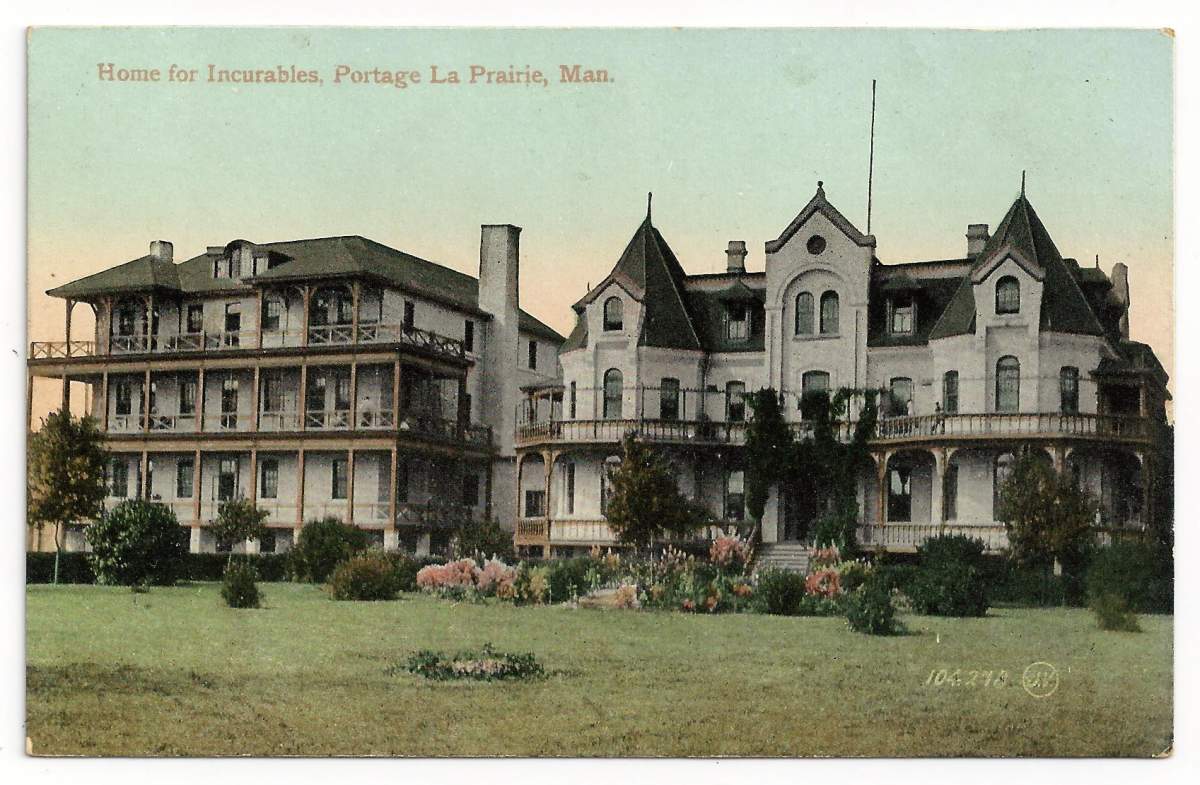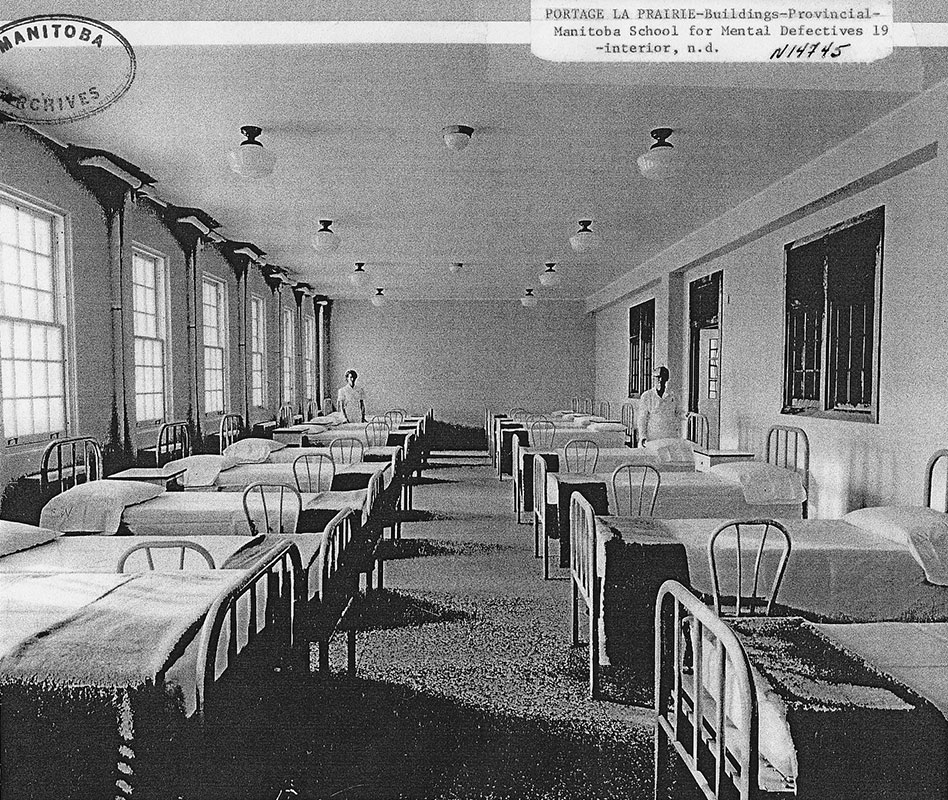A proposed settlement has been reached in a class-action lawsuit that alleged abuse and neglect at a Manitoba centre for people with intellectual disabilities.

The Manitoba government and a lawyer for the plaintiffs say the settlement must still be approved by the courts, and details cannot be released publicly at this time.
Lawyer David Rosenfeld says the proposal is fair, reasonable and in the best interests of the members of the class action.
The lawsuit was filed in 2018 by David Weremy, who lived at the Manitoba Development Centre in the 1950s, ’60s and ’70s.
The statement of claim sought $50 million and alleged that staff beat residents, deprived them of food and allowed sexual assaults to occur between residents.
The Manitoba government denied the allegations in a statement of defence in 2019 and said the centre was run in accordance with the standards of care at the time.

Get weekly health news
“The province can confirm that a settlement agreement has been reached, which will provide a variety of benefits for the class, including compensation and a variety of reconciliation initiatives,” the Justice Department said in a written statement this week.
“Specific details about the settlement will be made publicly available in the coming weeks.”
The Manitoba Development Centre opened in 1890 and has operated under a number of names, including the Home For Incurables. At its peak in the 1970s, it housed some 1,200 people.
In the statement of claim, Weremy alleged he was punished by staff by being hit with a whip or a wooden board, frequently underfed and punished for trying to run away by being placed in solitary confinement or being forced to sleep naked on the floor.
The province denied the allegations. It also said Weremy was allowed out on leaves of absence several times in the care of a family member or foster home.
The number of residents at the centre dropped as governments across Canada moved toward supporting people to live in the community instead of in large institutions.
The Manitoba government says it stopped accepting new residents at the centre in 1996, except for short-term placements and court orders. By 2019, the number of residents had dropped to 160.
In 2021, the government announced a three-year plan to close the institution — one of the last remaining large-scale facilities in the country — and move the remaining residents to community living.









Comments